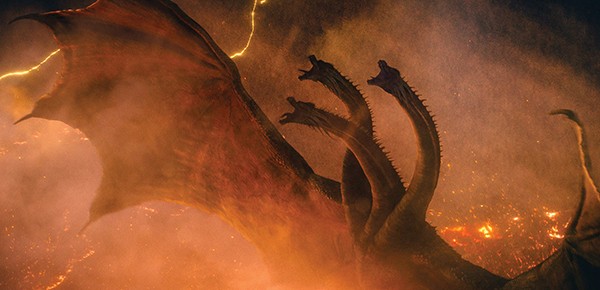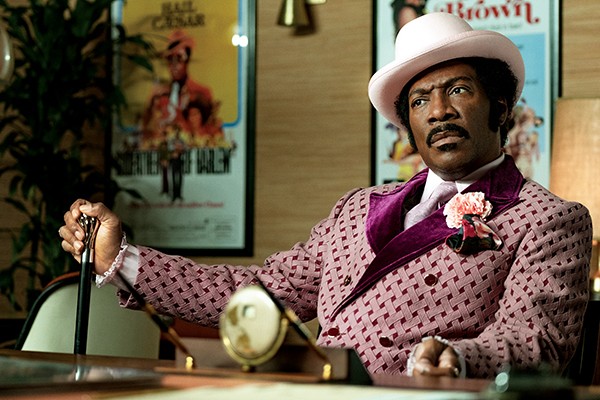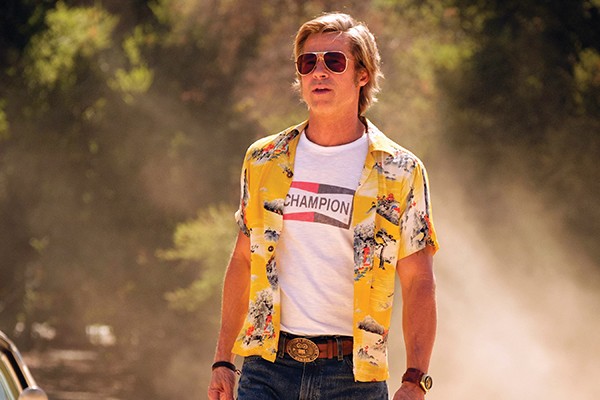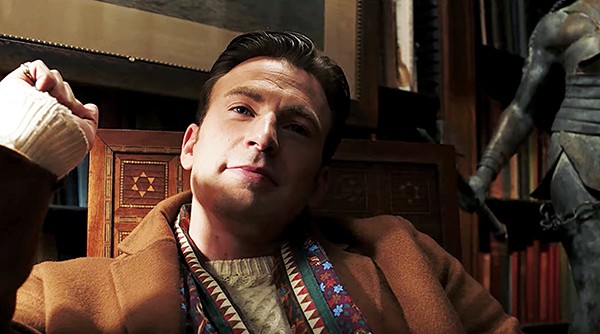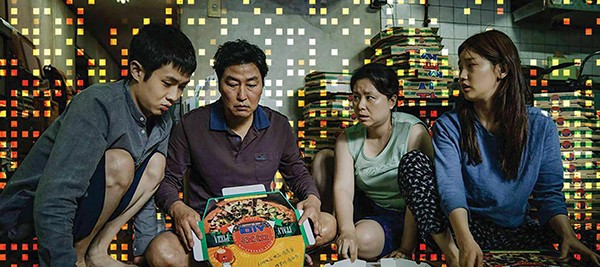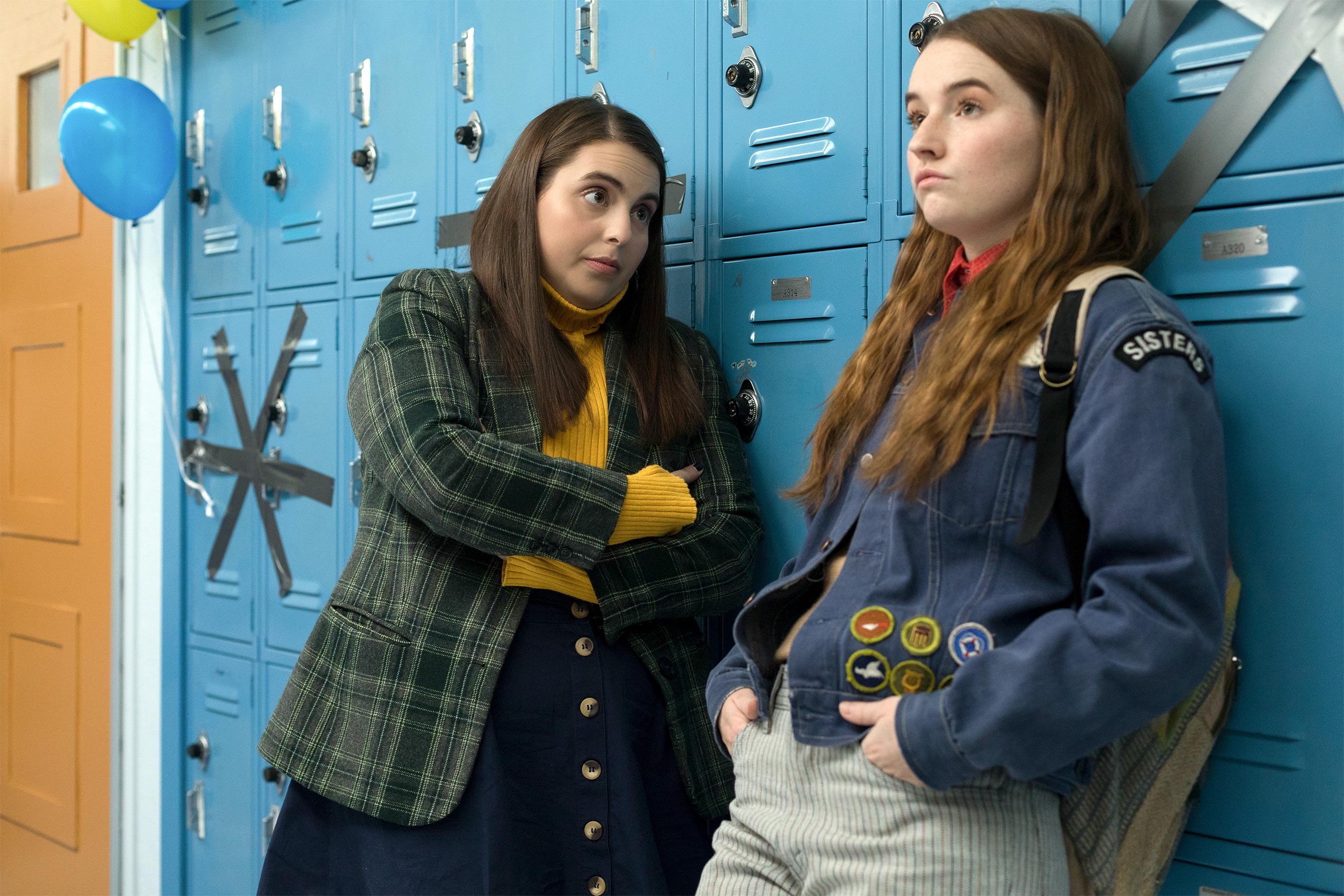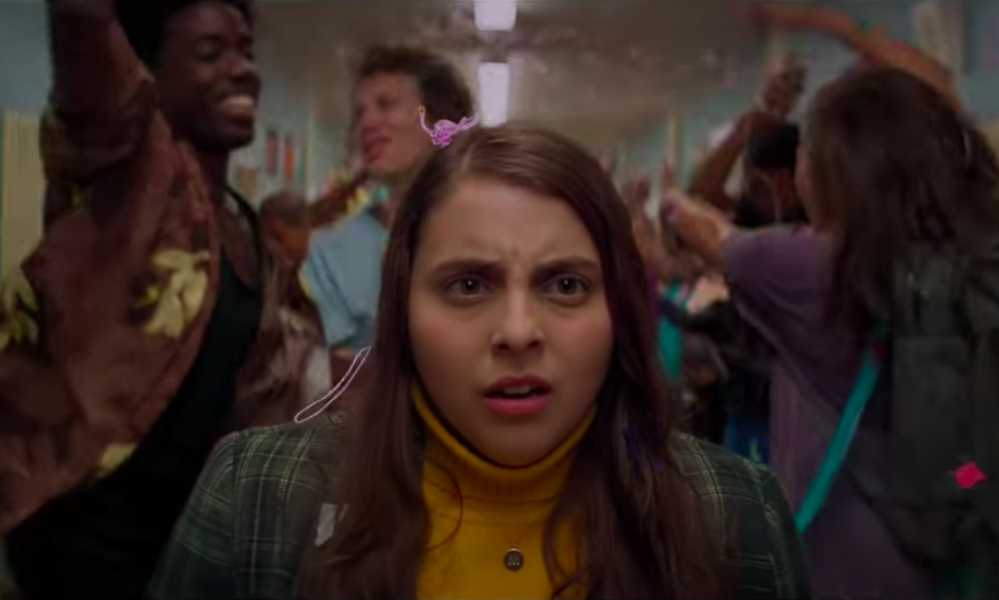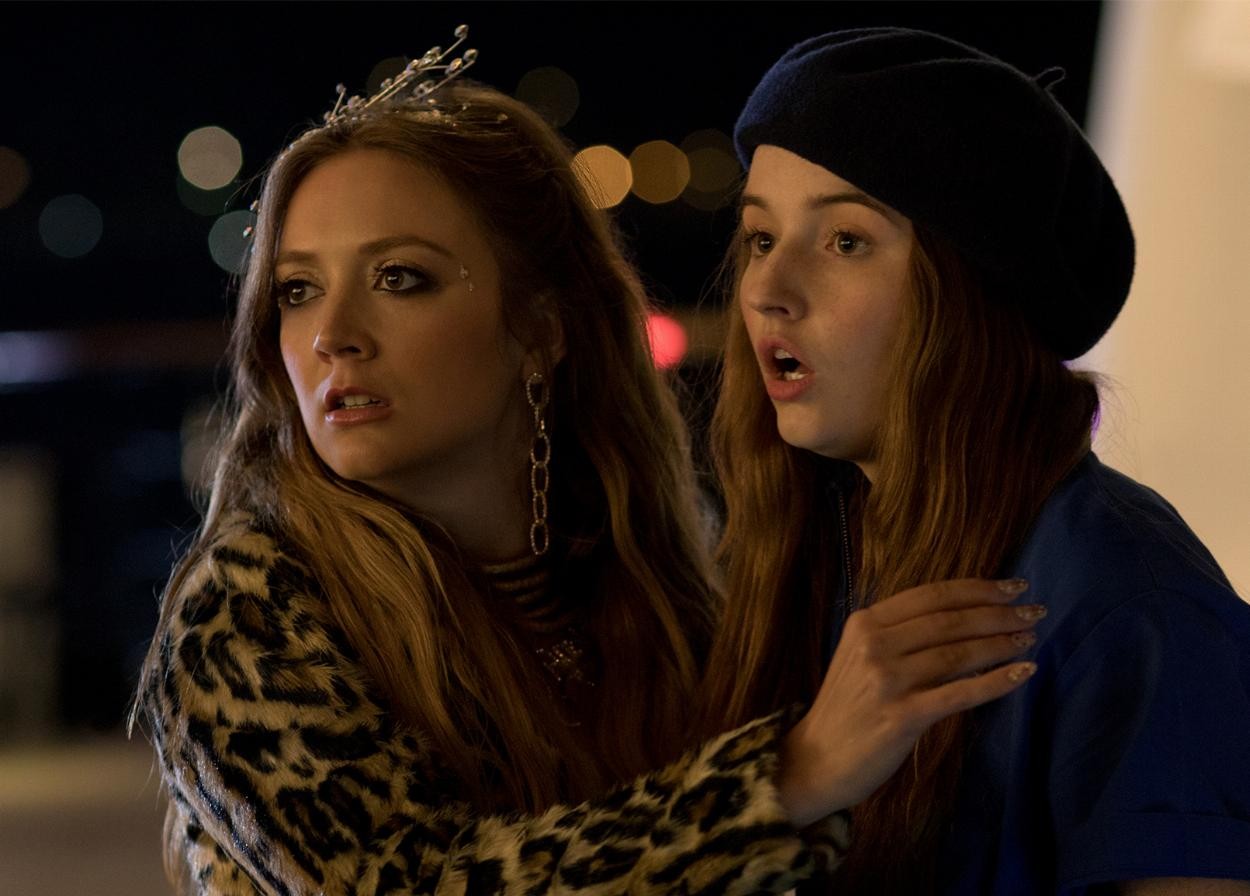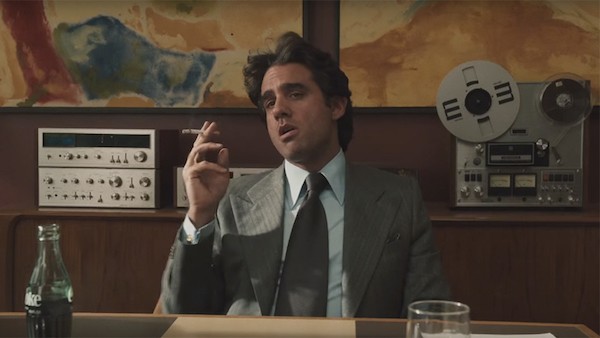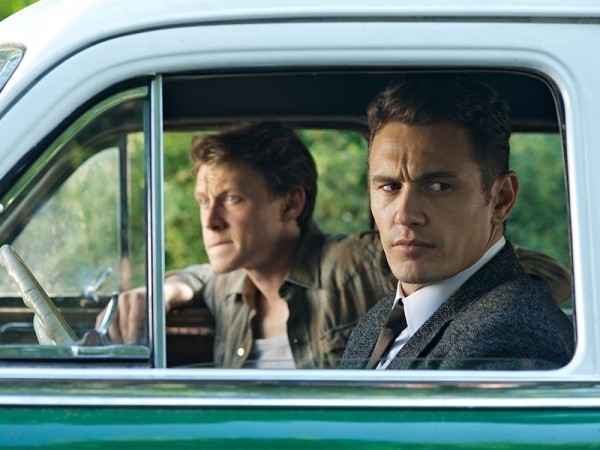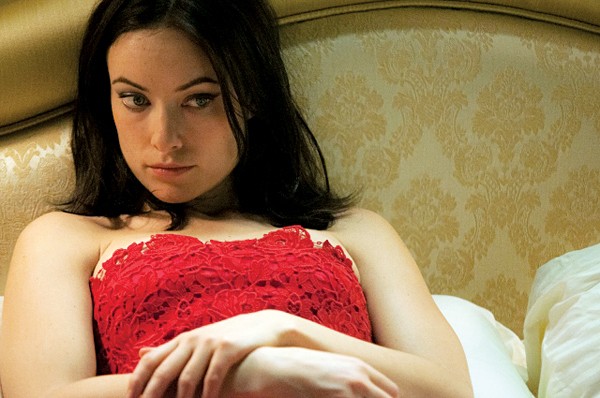The new film Don’t Worry Darling has been overshadowed by the off-screen drama between director Olivia Wilde and stars Florence Pugh, Harry Styles, Chris Pine, and fired star Shia LaBeouf. That’s a shame because the film’s message is applicable to contemporary feminism and society. There’s a lot more to it than just the controversy.
The story focuses on a young married couple, Jack (Harry Styles) and Alice (Florence Pugh), who are living a “perfect” life. Alice goes about her day preparing meals for her husband, having a drink ready for him when he arrives home, and satisfying his sexual needs. What Jack does when he’s not at home with Alice is the subject of some mystery. It all seems to be going swimmingly, until Alice starts asking questions: Where does he go every day? Why does she have to live subordinate to him? Why are they even there? But Alice’s questions are met with gaslighting. The men around her portray her as mentally unstable, even dangerous. When Alice’s friend Margaret (KiKi Layne) asks the same questions, she is driven to suicide and taken away from society. When Alice asks what happened, she is told not to worry, that Margaret and her husband were just having a little trouble. Alice’s curiosity about her world, that is both familiar and unsettling, will lead to shocking revelations and bloodshed.
The strength of Wilde’s direction lies in her world-building. She uses long shots of Alice and Jack’s cul-de-sac to express the habitual routines that define the societal structures that keep everyone in their place. She focuses on the details of cooking, cleaning, shopping, and ballet classes that frame Alice’s empty days. Wilde fills the film with symbols, characters, and dialogue which point to the men’s abuse of power.
Florence Pugh is the most engrossing aspect of Don’t Worry Darling. The brilliance of emotions she displays draws you deeper into this strange world. Whenever Alice felt pain, fear, or confusion, I found myself feeling the same emotions in the pit of my stomach. When Alice finally decides to act on her vague suspicions, Pugh walks us through her fear, despair, and resolve.
Another strong performance is by Chris Pine, who usually plays a clean-cut prince. He and Wilde play with your expectations, turning Pine’s character Frank into a dark, godlike figure who appears to hold the answers to the mysteries of this world. Wilde finds the hidden layers of Pine’s personality that were only glimpsed in his previous hero roles.
While Pugh and Pine are excellent, the oppressed housewife role is overplayed. What saves Don’t Worry Darling from a potentially dull plot line of suburban conformity and gender expectations is the shock ending. I won’t spoil it here, but when walking out of the theater, I found myself repeatedly saying, “Wow. Holy crap. Wow. That was —.”
The film’s biggest problem is the miscasting of Jack. Like any other Gen Zer, I have a special place in my heart for Harry Styles as a singer. But for a story so laden with meaning, casting a teenage heartthrob as the male lead turns out to be a very bad choice. Styles can sing, but he can’t act. Often, I found Styles’ facial expressions inappropriate for the emotions Jack should be experiencing. For example, when Alice says she wants to leave their life, she weeps into Jack’s arms and cradles his hands whilst tears stain her dress. Jack, two inches away from Alice’s blushed face, has not a single tear, semblance of emotion, or even eye contact with Alice. This happened many times in scenes where emotion was essential.
In the end, the positives outweigh the Harry Styles-shaped negatives. For me, Don’t Worry Darling is a must-watch for its powerful evocation of feminist values, and the lengths some men will go to in order to feel superior to the women in their lives. Wilde’s themes are best summed up by a minor character’s final words. As Shelley (Gemma Chan) uses a kitchen knife to take charge of her life, she hisses, “You stupid, stupid man.”
Don’t Worry Darling
Now playing
Multiple locations
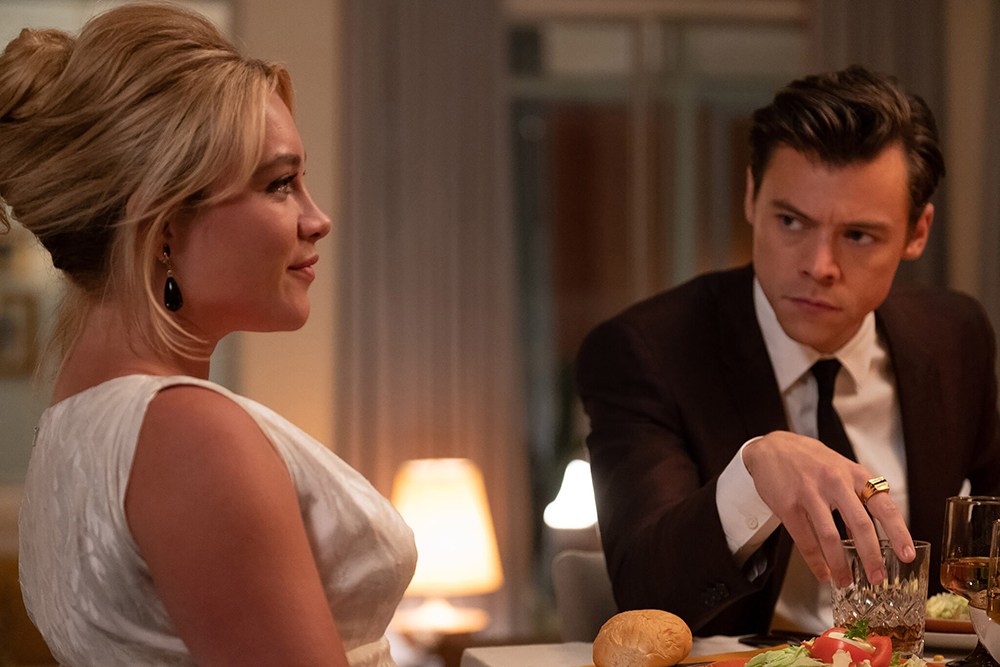
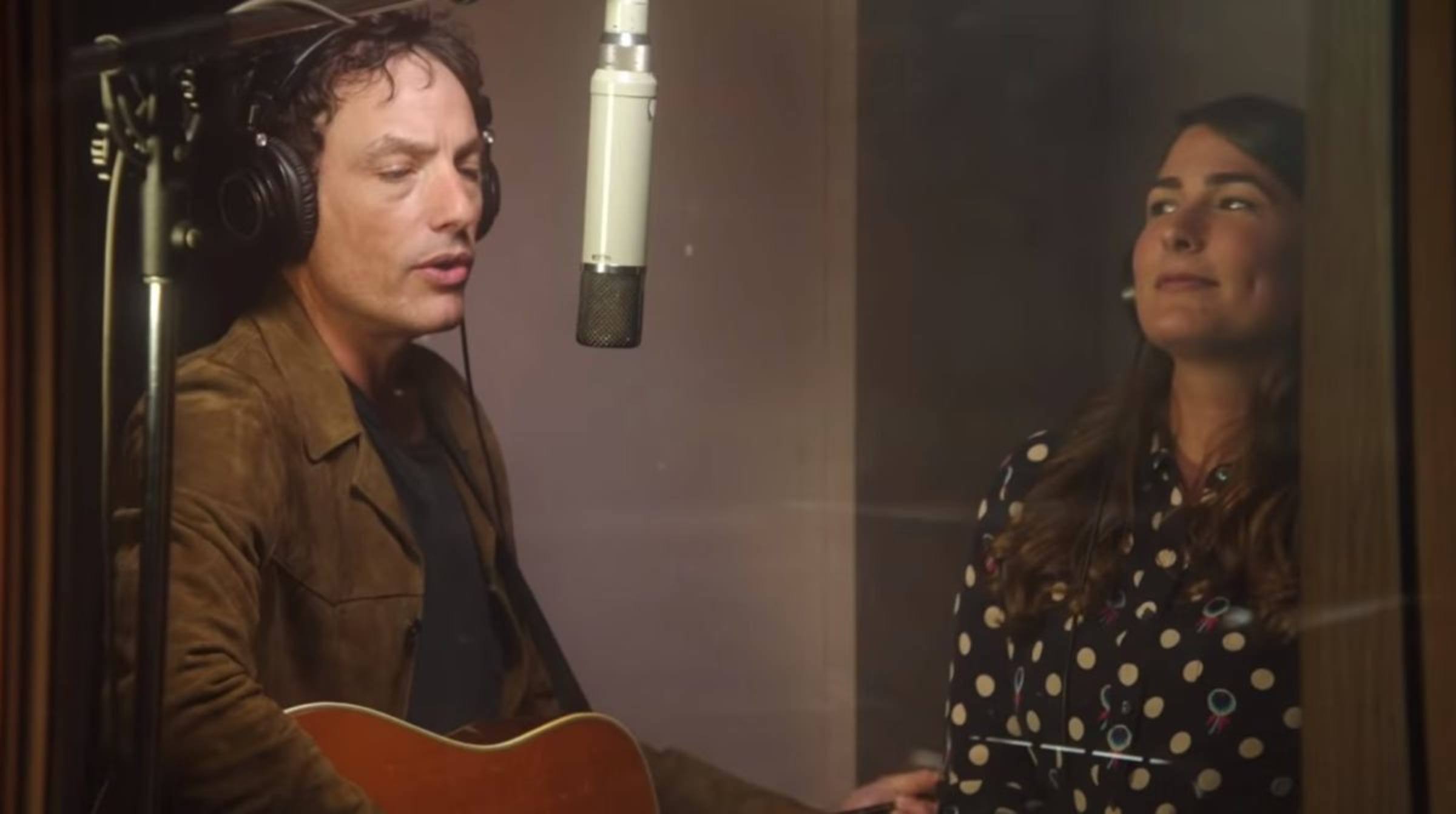


 Amazing Grace LLC
Amazing Grace LLC 